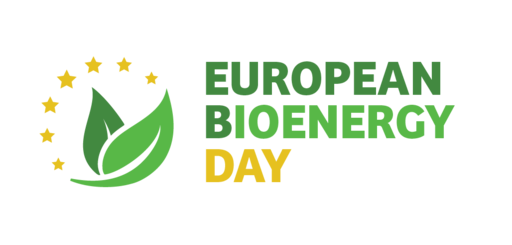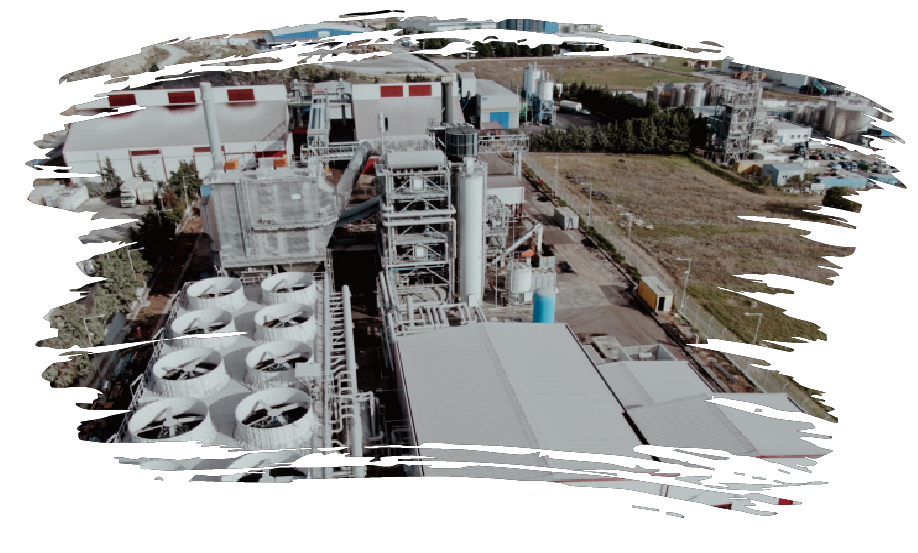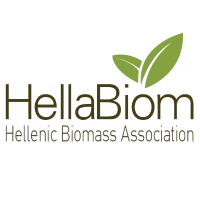The renewable electricity sector in Greece has expanded greatly in the last decade, with the major focus being on wind and solar energy. Biopower has lagged behind but, since 2020, the inauguration of the 5 MWe plant of VIOPAR ENERGY offers a new paradigm for Greek bioenergy.
Established in 2010, VIOPAR ENERGY had from the start the goal of constructing the largest and most modern biomass power plant in Greece. Major landmarks in the company history were the completion of the licensing procedure in 2016, its merger into the Ravago Group and in 2017 and the start of plant construction in 2018. With construction finished in 2019, full operation has initiated in 2020.
VIOPAR’s biomass plant is strategically located in the 2nd Industrial Zone of Volos, which offers relevant infrastructure and synergies with other industrial activities. It is located 17 km away from the port of Volos and 30 km away from the agricultural plain of Thessaly, the largest agricultural area of Greece. Thus, VIOPAR is in an ideal position to exploit both domestic and imported alternative biomass fuels: exhausted olive cake, cotton ginning residues and sunflower husk pellets.
With an installed capacity of 5 MWe, the plant can produce 39,920 MWh of electricity on an annual basis, equivalent to the energy consumption of about 10,650 households. VIOPAR employs the Organic Rankine Cycle (ORC) technology, which provides multiple benefits (minimization of water consumption, avoidance of visual disturbances), and is fully equipped with antipollution measures (electrostatic precipitator, anti-SOx and anti-NOx measures), bringing its emissions within the limits established by the EU Directives.
The plant operation also provides multiple benefits for the local economy: 7 permanent job positions for the plant operation, 120 persons employed during construction, 200,000 € per year of contributions to the local municipality, more than 230,000 € per year of revenue to the Port of Volos and at least 200,000 € per year to local suppliers (transporters, maintenance teams, providers of consumables, etc.).
VIOPAR is also actively involved in RTD activities, looking for ways to provide waste heat from its production to local district heating networks or for valorising the combustion ash residues.
VIOPAR’s example highlights how modern bioenergy has a positive role to play in the energy transition, even in sunny and windy Greece!
More information can be found here.


